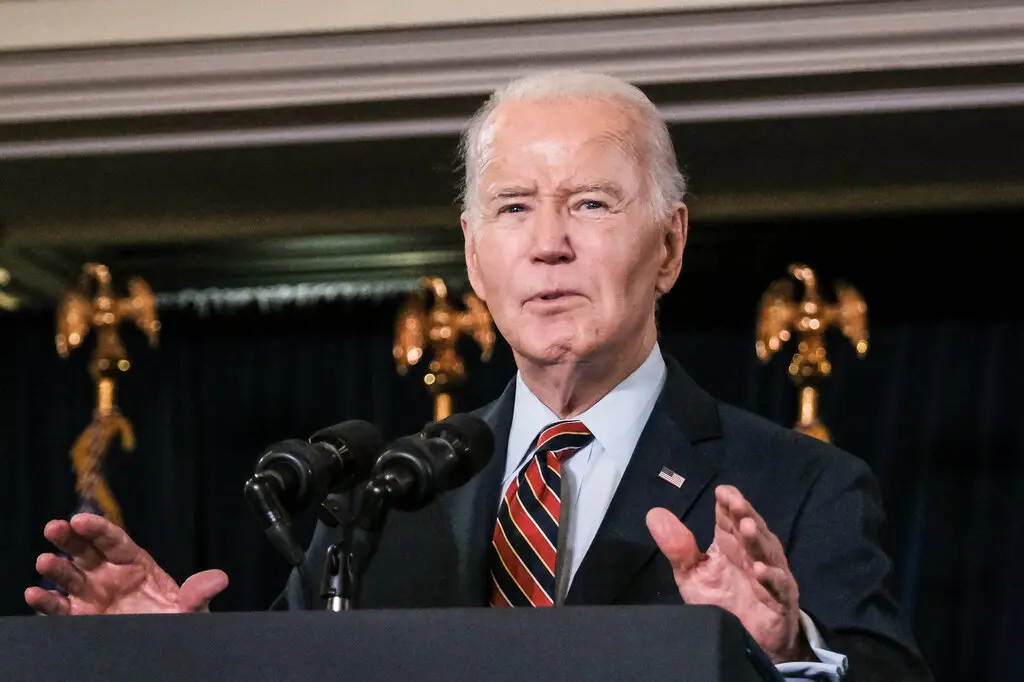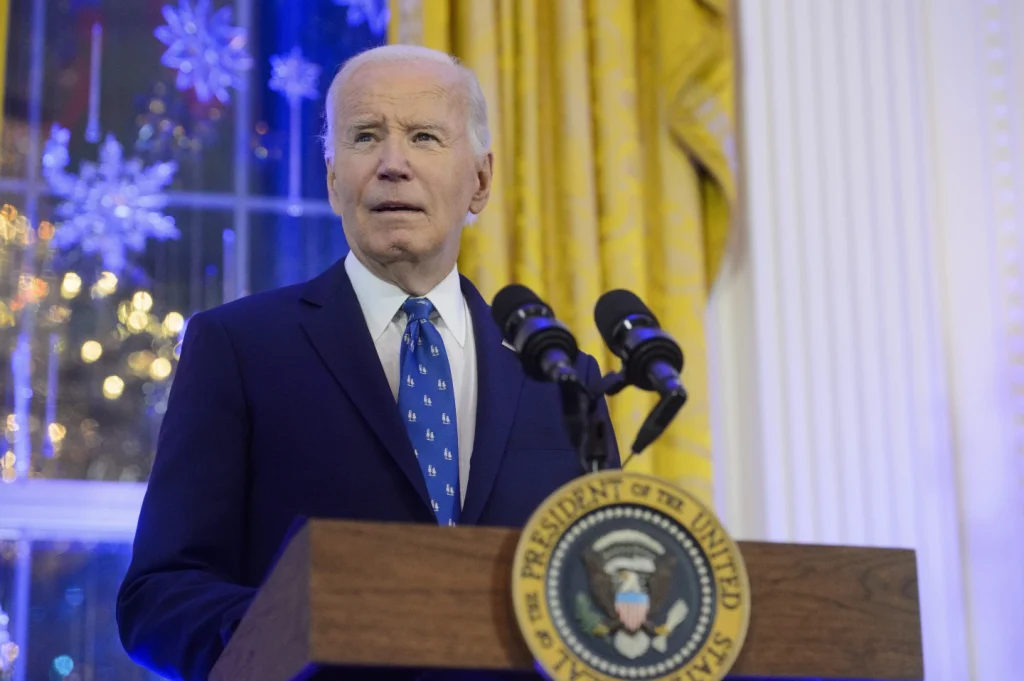Biden Commutes 37 Death Sentences Ahead of Trump’s Plan to Resume Federal Executions

President Joe Biden has commuted the death sentences of 37 individuals, marking a significant shift in U.S. capital punishment policy. This decision represents one of the largest efforts by a sitting president to address death row cases in recent U.S. history. By commuting the sentences of these individuals, President Biden has made a strong statement about his administration’s stance on capital punishment, aiming to reduce its use and reinforce his commitment to criminal justice reform.
The 37 commutations are part of Biden’s broader effort to rein in federal executions, which saw a sharp increase during the final months of the Trump administration. This shift has sparked ongoing debates over the morality, fairness, and effectiveness of the death penalty, with critics arguing that it disproportionately affects marginalized groups and has been used unfairly in some cases.
A Shift in Policy
Biden’s decision to commute these death sentences comes in stark contrast to the policies of his predecessor, who oversaw a record number of federal executions. Under Trump’s administration, 13 federal executions were carried out between July 2020 and January 2021, marking the first federal executions in nearly two decades. This rapid resumption of federal executions led to intense criticism from human rights organizations and sparked renewed calls for the abolition of the death penalty in the U.S.
In contrast, Biden has made it clear since his campaign days that he opposes the death penalty. He has called for a nationwide moratorium on executions and expressed his desire to end the use of capital punishment at the federal level. The commutation of 37 death sentences is seen as a major step toward fulfilling this promise, signaling that the Biden administration intends to prioritize reform in the criminal justice system.
While Biden’s move is symbolic in many ways, as these individuals were already on death row and were not executed, it represents an important shift in the national conversation about capital punishment. It also places additional pressure on states that continue to uphold the death penalty, many of which have faced growing opposition to their practices in recent years.
Legal and Political Implications
Biden did not allow for the commutations to be without legal hurdles. The federal government’s power to commute death sentences is extensive but requires a complex legal process. The individuals whose sentences were commuted will now serve life sentences without the possibility of parole, as opposed to facing execution. This process was made possible due to the president’s constitutional power to grant clemency, which has been a tool used by past presidents in varying contexts.
Politically, Biden’s decision is likely to have significant implications. His actions place him at odds with some conservative members of Congress, particularly those who continue to advocate for the use of the death penalty as a deterrent against violent crime. This division over capital punishment is particularly pronounced in the context of the upcoming presidential race, as Trump has expressed his intention to resume federal executions if he regains office in 2024.
Trump’s plan to reinstate federal executions has already begun to take shape, with discussions around how to expand the federal government’s role in capital punishment. Trump has signaled that he believes executing certain individuals, particularly those convicted of terrorism-related offenses, sends a strong message about U.S. resolve and justice. In this environment, Biden’s actions serve as a sharp counterpoint, underlining the ongoing ideological divide on this contentious issue.
The Impact on Death Row Inmates
For those 37 individuals who had their death sentences commuted, Biden’s decision offers a new lease on life. Many of these inmates had been on death row for years, with appeals and legal challenges prolonging their fates. Some advocates for the commutation argue that many of these prisoners were subjected to an unjust legal system that failed to provide adequate representation or failed to take into account mitigating factors such as their backgrounds or the potential for rehabilitation.
For the commuted individuals, the decision means they will now serve life sentences without the possibility of parole, avoiding the death penalty. However, the consequences of being on death row for years, with the constant fear of execution, cannot be understated. Critics argue that the death penalty itself is a cruel and unusual form of punishment, especially in cases where individuals are ultimately found to have been wrongfully convicted or where the legal system fails to deliver fair trials.
Despite the president’s actions, the issue of the death penalty in the U.S. remains contentious. Various advocacy groups, including the American Civil Liberties Union (ACLU) and the Death Penalty Information Center (DPIC), have long called for an end to the practice, citing issues such as wrongful convictions, racial disparities, and the costs associated with death penalty cases.
Broader Trends and the Future of Capital Punishment
While Biden’s commutations represent a significant step in reining in the federal death penalty, the future of capital punishment in the United States remains uncertain. According to recent data, the overall use of the death penalty in the U.S. has been in decline for years. A growing number of states have abolished the death penalty or imposed moratoriums, and the U.S. is increasingly out of step with many other developed nations that have done away with capital punishment entirely.
The shift toward the abolition of the death penalty is likely to continue, though it remains a deeply divisive issue in American politics. As the country moves forward, the debate over the death penalty will continue to evolve, with proponents of reform pushing for broader changes to the criminal justice system, including greater focus on rehabilitation, restorative justice, and addressing systemic inequalities.
In conclusion, Biden’s commutation of 37 death sentences is an important step in his administration’s efforts to move away from federal executions. It stands in contrast to Trump’s plans to resume federal executions and highlights the continuing ideological divide over capital punishment in the U.S. While this move may be seen as a moral victory for those advocating for abolition, it also raises important questions about the future of the death penalty and the broader reforms needed in the U.S. criminal justice system.






